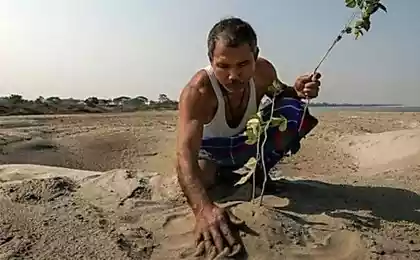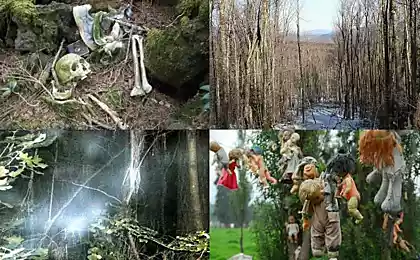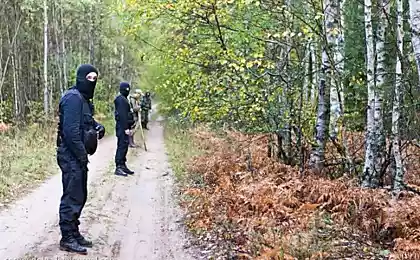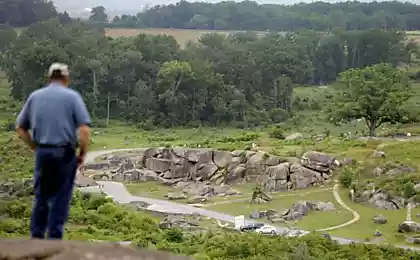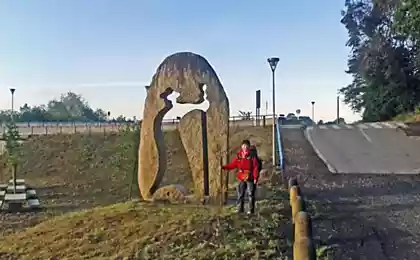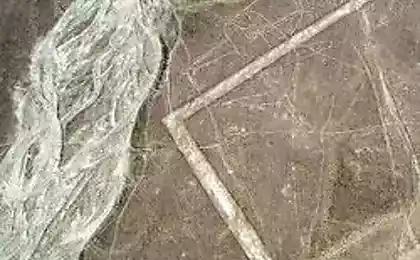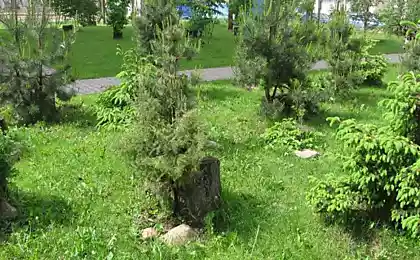453
Jadav Payang— man, single-handedly grow a forest in the desert

Green area, covering an area of 550 hectares, is home to many rare and endangered species, including at least five tigers, one of which recently acquired the offspring and one-horned Rhino; not to mention the huge number of birds, mammals, livestock and predators.

The beginning of the story put the events of 1979, when during a flood the water washed up on a sandbar in the middle of the Brahmaputra many snakes. After a couple of days Jadav Payang, the then 16-year-old, found the shore strewn with dead amphibians. This moment turned his whole life.
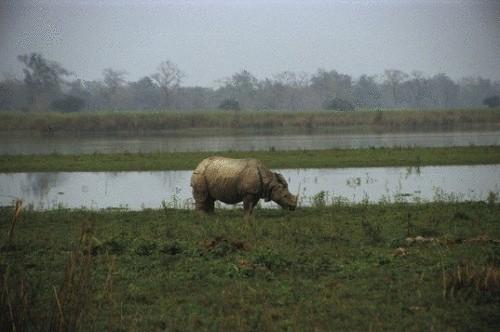
"Snakes have died from the heat, not being able to hide in the shade of the trees. I sat and wept over their lifeless bodies. It was a massacre. I informed the forest Department and asked if they could plant trees there. I was told that there nothing will grow, and instead suggested that I try to grow bamboo. It was painful, but I did. There was no one to help me. No one is interested", — shares his memories of Paying, which today has 47.

Leaving school and after leaving home, the young man went to live on a spit. Unlike Robinson Crusoe, he voluntarily chose a life of isolation. And he didn't have his Friday. Every morning and every evening he watered and, if necessary, cut the wards of the plant. A couple of years, a sand bar turned into a bamboo forest. "And then I decided to grow ordinary trees. I collected them and planted. I brought from the village of red ants, and have repeatedly been bitten. Red ants change the soil's properties. That was the opening!" — laughs today Paying.
Soon on a former sand spit teemed with life. It began to meet a wide variety of flora and fauna, including endangered species like one-horned Rhino and Royal Bengal tiger. "In 12 years we saw the hawks. Here began to gather and migratory birds. Deer and cattle began to lure predators," — said the man, with his own hands created a new ecosystem.
Paying looks like a serious expert on the protection of the environment, as if passed basic training. However, the way it is, only the preparation of it, unlike many, was purely practical. "Nature has created a food chain; why can't we stick to it? Who will protect these animals if we, as higher beings, start hunting them?"
The forest Department of Assam learnt about the Molai forest only in 2008 when a herd of hundreds of wild elephants wandered into it after a destructive binge in the neighbouring villages. They destroyed the forest hut and "hermit." It was then that employee management and conservation specialist for the protection of forests Gunin, Saikia (Gunin Saikia) first met Jadav Palenga.
"We were surprised, having found on a sand spit so thick forest. Local residents whose homes were destroyed elephant herd wanted to cut it, but Paying offered them his life in return. He treats the trees and animals like his own children. Seeing this, we decided to join too", — says Saikia. "We marvel at this man. He's been doing this for over 30 years. Had he lived in any other country, he'd be made a hero."
Despite suddenly emerged respect, assistance from the state in Palanga at that time was not expected. And just last year, social forestry division took over the work of planting trees on a plot of 200 hectares.
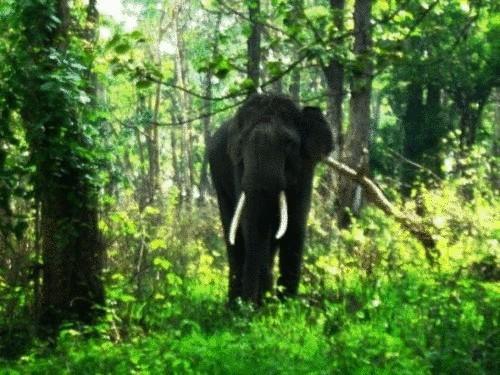

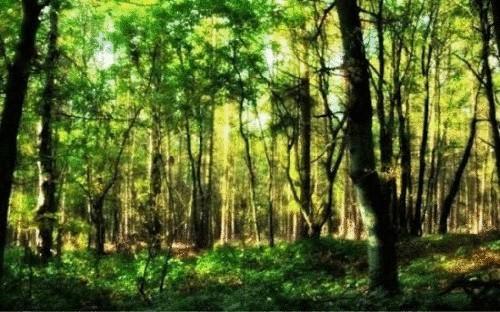
Source: zemledel.org/blogs/blog-zemledelca/indiec-v-odinochku-vyrastil-les-na-pesochnoi-pustyne.html
"Confusion-on-a-chip": another step towards quantum computers
The brain does not go to a retirement pension
